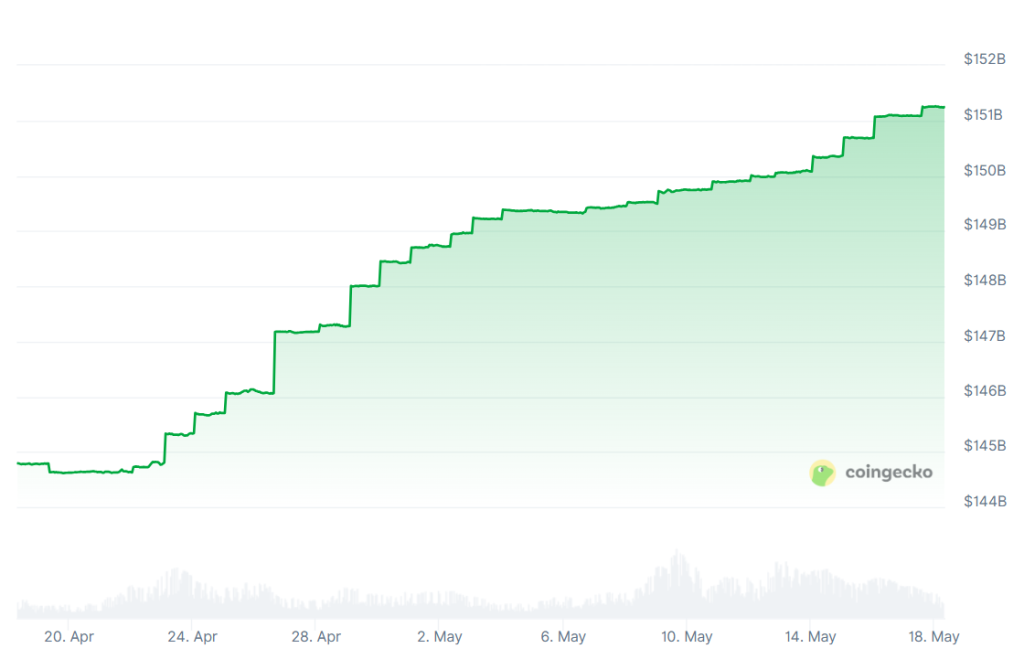At Harvard’s Future of Business conference on Thursday, Prithwiraj (Raj) Choudhury, a professor at Harvard Business School, told attendees he was there on a mission: to present the undeniable business case for flexible work, and to instruct leaders on how to effectively pull off a work from anywhere model.
Choudhury, a long-time proponent of flexible work, kicked off his presentation with the hard data from Kastle Systems, a building security and research firm, and WFH Research, a leading research group. Offices in the U.S. have stabilized at roughly 50% occupancy over the last two years. The percentage of remote work days for the entire population has held at around 30%—up from 5% pre-pandemic. That’s a six-fold increase, he pointed out, “and the trendline seems to be very stable.”
That’s despite bosses’ best efforts to finally shirk the trend and yank workers back in, whether they like it or not. Those pushes reached a fever pitch around Labor Day, as they usually do, when many major U.S. firms drew a line in the sand mandating a handful of days per week in the office—or else. But per Kastle Systems’ weekly office occupancy data, there was no Labor Day bump to speak of.
“Every Labor Day we have a big return-to-office push,” Choudhury said. “But the numbers in the overall economy seem to be stable.” That’s because surveys show workers are generally willing to sacrifice 5% to 7% of their total compensation in exchange for the opportunity to work flexibly, he said. “This is a phenomenon that will sustain, because individuals are demanding it.”
That may be an understatement. Workers across industries have, in varying degrees, made clear that if their job is remote-capable, they’re hugely resistant to going into an office. After all, working from home means fewer costs; more time for sleep, exercise, socializing, and family bonding; and not having to commute—even if that means giving up the team bonding, career development, and mentorship that in-person work facilitates.
Indeed, despite the current cost-of-living crisis, nearly two-thirds of workers would be willing to take a pay cut to be able to work remotely, per a FlexJobs survey last month. Seventeen percent of respondents said they’d relinquish 20% of their paycheck, and one in ten said they’d give up more than 20%. The majority of respondents to that survey said remote work pulls ahead of salary, work-life balance, or a boss they can tolerate. “Lack of remote work options is a significant reason why people leave their jobs,” Keith Spencer, a FlexJobs career expert, wrote in the report.
To that end, offering flexible work arrangements is a talent strategy, Choudhury said. “Unless you implement it, it’ll be way harder, in today’s economy, to attract and retain diverse talent.”
Balancing flexibility with isolation
If flexible work—with employees leading the charge on their own schedules—is the way, that leaves bosses in a bind, Choudhury added. A typical middle manager must carry out the executive demands of the C-suite who want full offices, while also affording junior workers some amount of autonomy.
Many pros have broad recommendations on how to manage it. Flexible work arrangements are best pulled off with an “organized hybrid” plan, Stanford economist and remote work guru Nick Bloom told Fortune. That means clear orders from the top, plenty of room for customization, and intentional collaboration with team members on in-person days.
Crucially, those in-person days don’t need to be all that often. Drew Houston, Dropbox’s CEO, told Fortune last month that his company’s approach—90% remote, 10% in-person—has been their strongest retention and satisfaction tool. Bosses who are insistent on in-person work as a rule need to give up control, he advised, “and need a different social contract. If you trust people and treat them like adults, they’ll behave like adults. Trust over surveillance.”
But when it comes to assessing the actual optimal number of in-person days, even the experts are often caught flat-footed. “I won’t pretend to know the answer—we need to study for years,” Choudhury said, though he added that recent research suggests in-person work somewhere between 23% and 40% of the time is the ideal. “You’re in the best of both worlds when you balance flexibility with isolation.”
Credit: Source link










